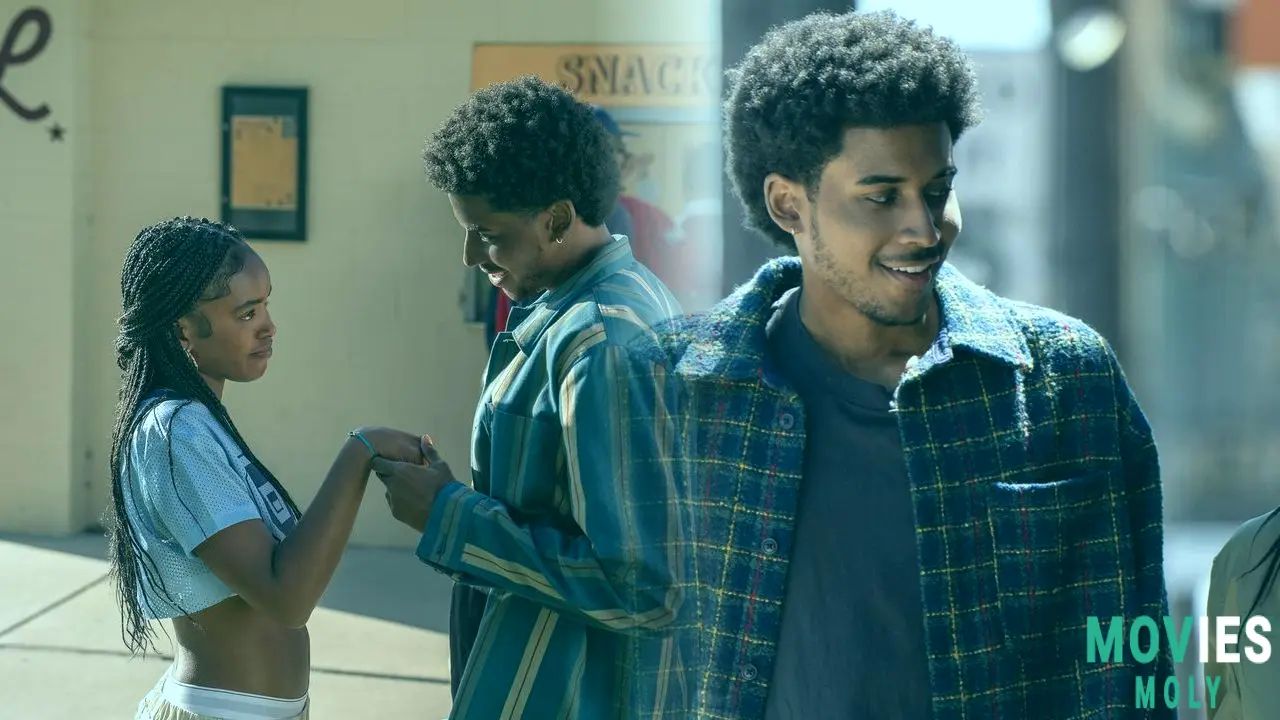Fifty years after Judy Blume’s novel Forever... gave teens permission to think of sex as something natural rather than catastrophic, Netflix’s new series adaptation takes that permission one step further. Created by Mara Brock Akil, Forever isn’t just a tribute to Blume’s fearless honesty—it’s a reinvention that speaks directly to today’s youth, especially Black teens, and does so without leaning on trauma as a storytelling crutch.
An adaptation that honors its source while making room for new voicesBlume’s original book, published in 1975, follows Katherine and Michael, two high school seniors who enter a sexual relationship believing love will last forever. The novel was groundbreaking in its time for depicting teen sex without moral punishment. Akil’s Forever keeps that emotional honesty intact but shifts the perspective—and the setting.
Set in 2018 Los Angeles, the series stars Lovie Simone as Keisha and Michael Cooper Jr. as Justin. The gender roles are flipped: Keisha is confident and sexually experienced, while Justin is cautious and emotionally vulnerable. This role reversal not only modernizes the dynamic but also challenges entrenched stereotypes about Black youth and sexuality.
Black love and youth portrayed with emotional nuance
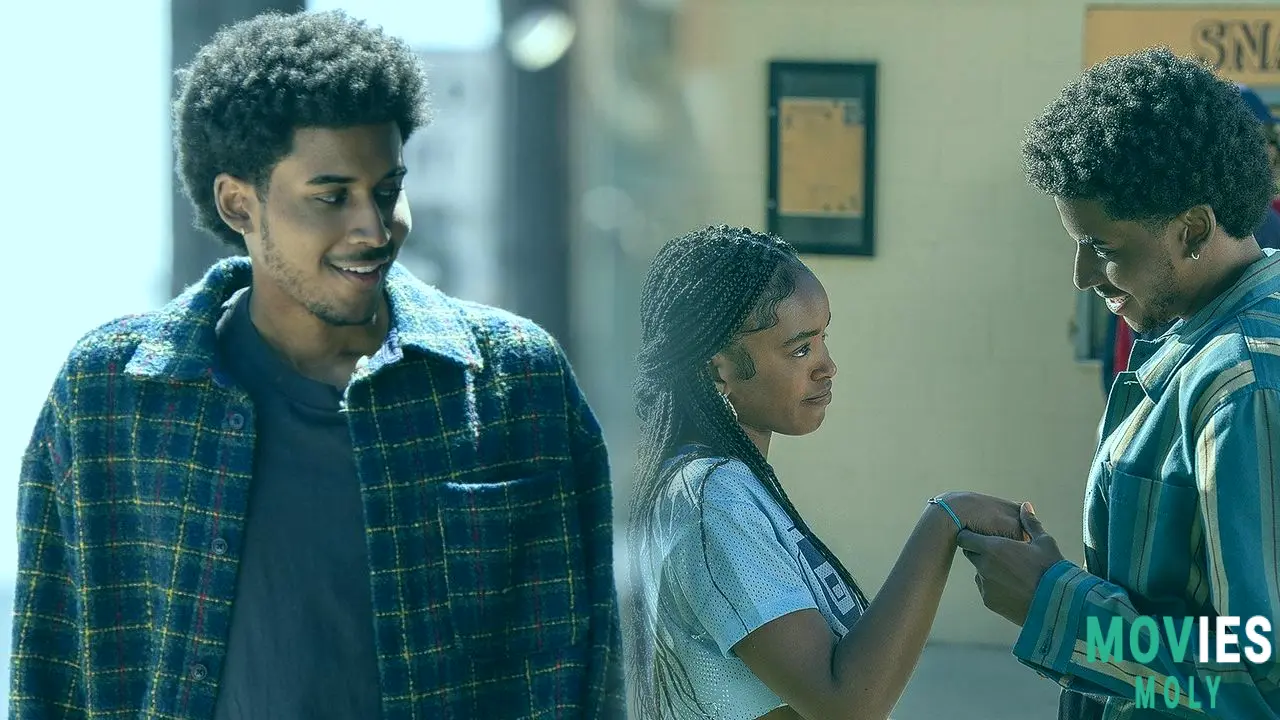
One of the most striking choices in Forever is its focus on Black teen intimacy from a place of care and complexity. Keisha and Justin’s relationship is center stage, but it’s never reduced to drama for drama’s sake. Instead, the show explores their emotional growth, miscommunications, and desires with a patience that feels rare in teen storytelling.
Akil, who built her career on shows like Girlfriends, understands how to write relationships that matter. She gives Justin space to be sensitive and awkward, and Keisha space to be confident and uncertain. Their love story isn’t explosive, but it’s real. And that realism—especially when filtered through the lens of Black adolescence—is powerful.
The role of technology in modern teen relationships
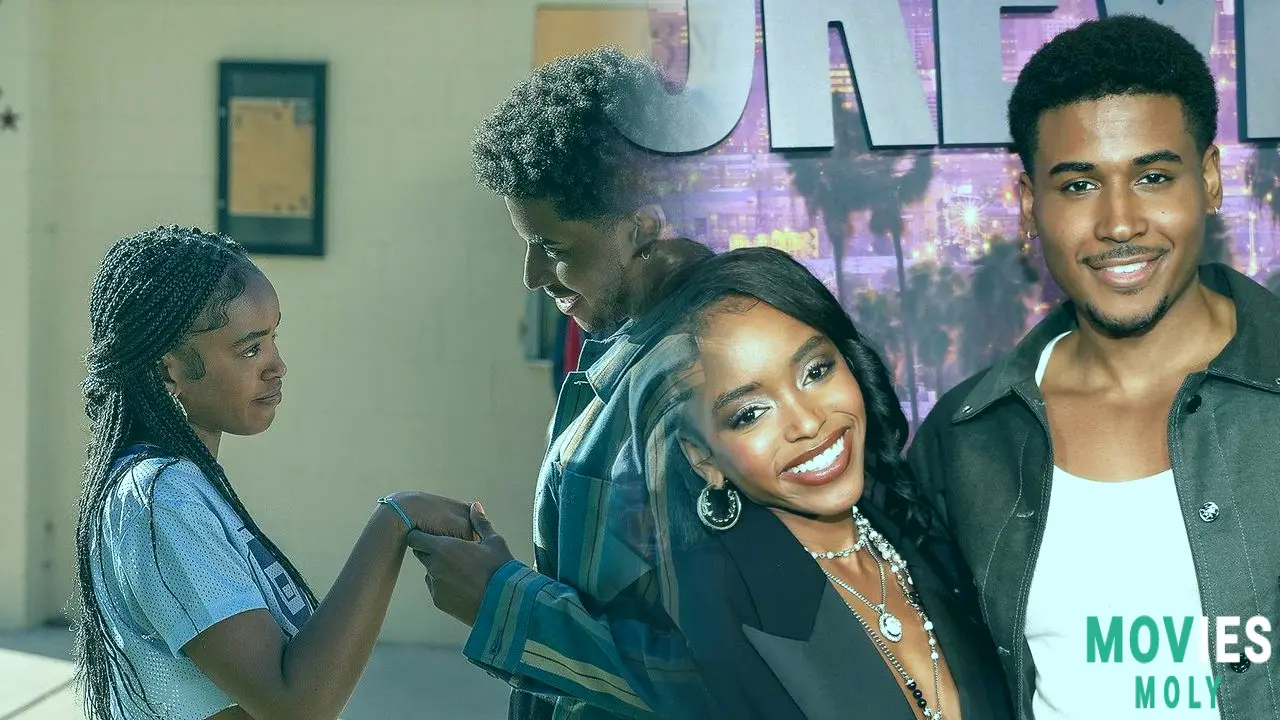
Like many contemporary teen shows, Forever features smartphones as a constant presence. But Akil uses them smartly. Texts, blocked messages, and the dreaded “typing…” ellipsis become tools for connection and alienation. The phone is both a lover’s lifeline and a weapon, mirroring how teens today navigate trust and desire in digital spaces.
There are no sexy Snapchat fails here, though. When Forever shows teens using technology in their sexual exploration, it’s with care and awareness. The series understands that for today’s youth, the line between intimacy and exposure is thinner than ever.
First love, sex, and agency without the baggage of stereotypes

One of Mara Brock Akil’s clearest missions with Forever was to give Black teens a narrative of love and sexuality that isn’t about survival or trauma. As she said in interviews, she asked herself: “Who is the most vulnerable in society?” and answered with “Black boys.” Through Justin, she creates a space where young men can be seen as emotionally honest, desired, and allowed to fail without being condemned.
Keisha’s journey mirrors Katherine’s from the novel but with a 21st-century twist. She’s sexual agency personified, and yet she’s never portrayed as reckless or broken. Her relationship with Justin is a dance of give and take, learning and unlearning. It's a dynamic that feels lived-in, not scripted.
Judy Blume’s blessing and the timelessness of truth
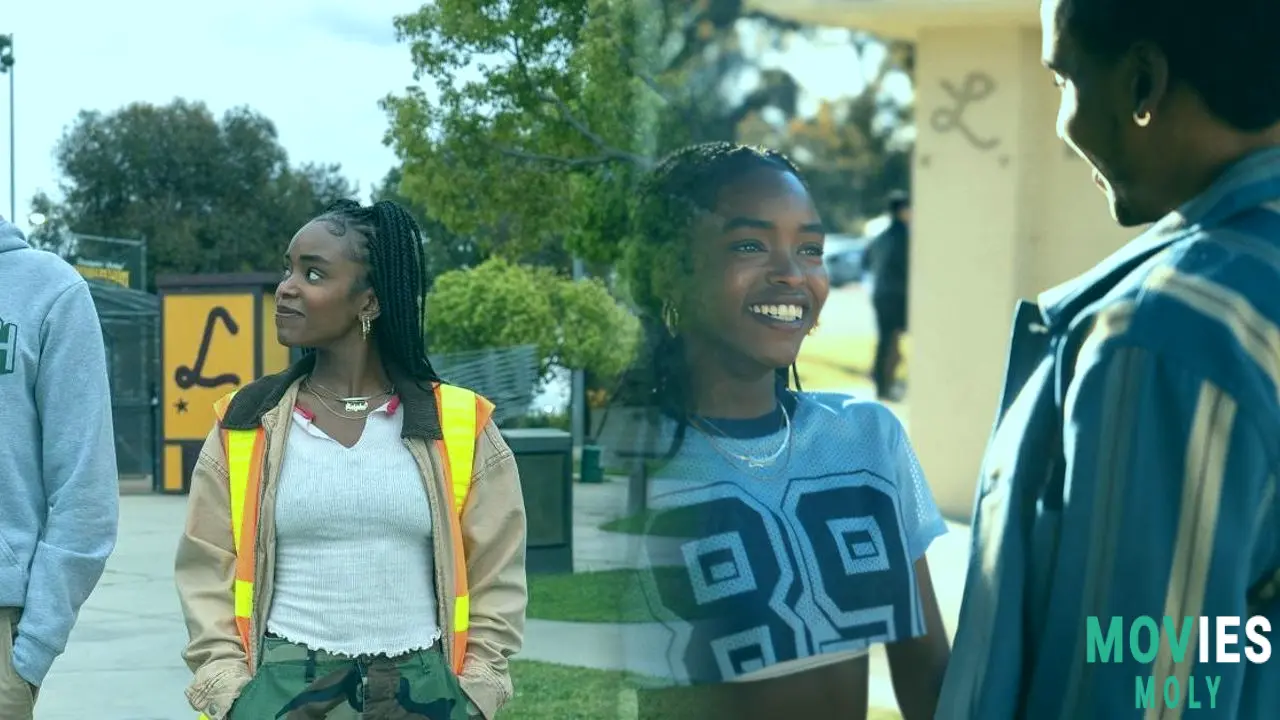
Blume herself is an executive producer on the series and reportedly loved the adaptation. Akil’s meeting with the author was more than fan-girling—it was a moment of alignment. Blume wrote for truth. Akil translated that truth into a new language, one with blocked texts and fondue parties but the same emotional core.
References to the novel are sprinkled throughout—Martha’s Vineyard, the fondue party, even the iconic “Ralph.” But they never feel like fan service. They’re anchors to a story that’s still about what it means to love, desire, and hope as a teenager.
Forever isn’t just for fans of Judy Blume—it’s for anyone who’s ever had a first love
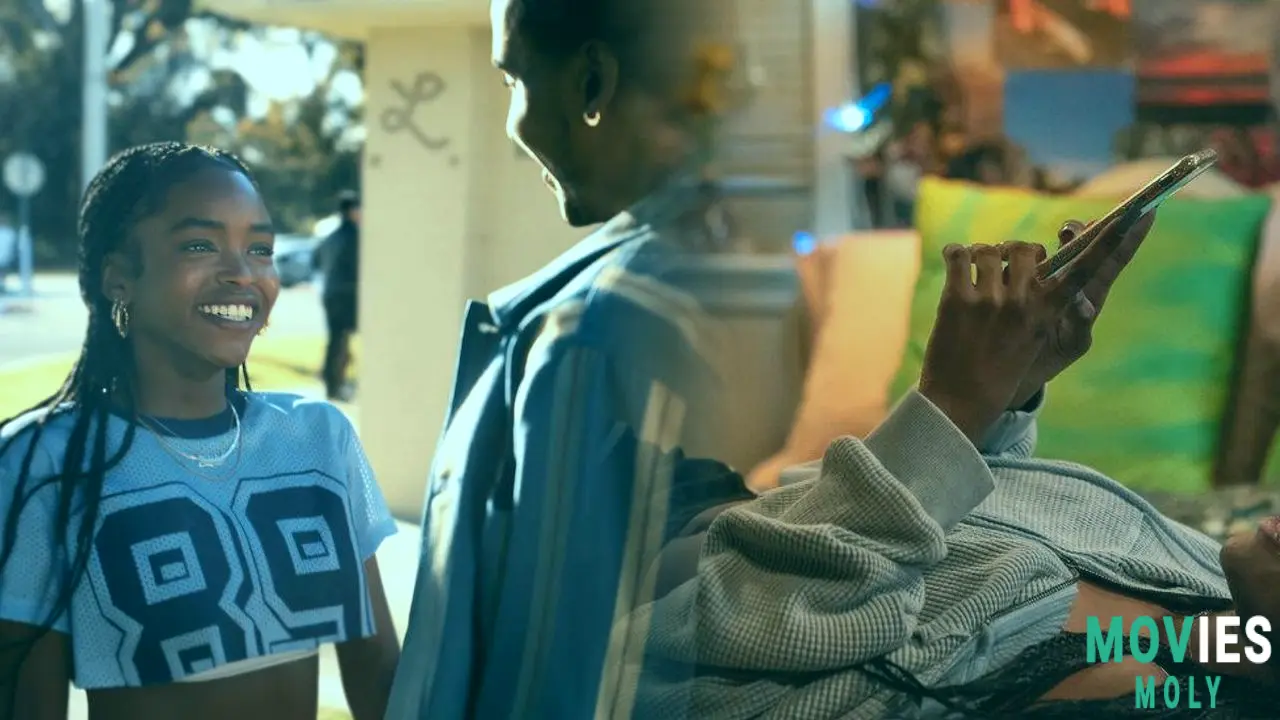
This isn’t a show about high school trauma dressed up as edgy content. It’s about emotional firsts—first love, first heartbreak, first misstep, and first self-realization. It gives teens permission to be messy, to care deeply, and to not have everything figured out.
For a generation reading Blume through TikTok clips and Discord threads, Forever offers a space to feel seen without being sensationalized. And for parents who worry about what “teen shows” say to their kids, this one speaks honestly, respectfully, and without fear.
In a media landscape obsessed with dysfunction, Forever dares to be simple: it dares to be real.

